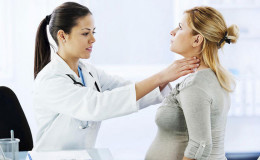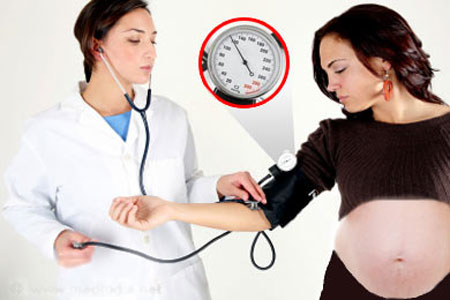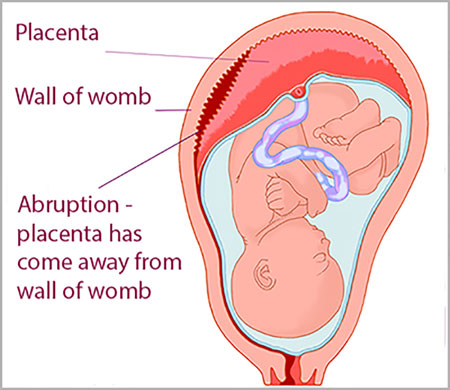What are the common health problems during Pregnancy that we should not ignore? See how to avoid those problems

know the common health problems during Pregnancy that we should not ignore. See how to avoid those problems
Pregnancy is a delicate stage for every woman. The rising hormones and morning sickness can make your body feel different, and make it hard to carry on in our day to day lives.
However, there are certain problems, that needs proper attention and management during this painful yet mystical phase of a woman's life.
These health problems when identified at earlier stages, can help us take steps to manage them and prevent from potential health hazards of the mother and the developing fetus.
So, ladies, today we've enlisted top five common yet serious health problems that women undergo during pregnancy.
1. Heartburn and indigestion
More than 50% of all pregnant women suffer severe heartburn and indigestion during pregnancy, particularly during their second and third trimesters.

Symptoms include burning sensation inside chest and stomach causing irritation of the esophagus. It's also termed as acid indigestion and it occurs during pregnancy due to many reasons such as:
- Changing hormone levels
- Enlarged abdomen can push the stomach acids upwards causing heat burn
- Intake of spicy meals or consumption of large amount of fluid while eating
- Constipation and sleeping position
To prevent heartburn and indigestion you can take antacids like Tums or Maalox but only under doctor's prescription. Avoid spicy, fried and fatty foods and don't lie immediately after eating.
2. Iron Deficiency Anaemia
Once the baby starts to develop inside your body, the amount of blood required starts to increase so as to provide oxygen to the growing fetus. Hence, pregnant women need more iron than normal.
Iron Deficiency Anaemia occurs when the red blood cell count in your blood starts to decrease. Symptoms of iron deficiency include fatigue and weakness, dizziness, pale colored face and body, swollen tongue, chest pain and shortness of breath.

It occurs due to lack of intake of foods containing iron, or loss of blood during pregnancy. For treatment, you should take iron supplements, under the doctor's supervision.
If the proper absorption of iron doesn't occur then intake of iron through IVtube (intravenous tube) is recommended.
3. Depression
Depression is one of the common psychiatric health problems that women go through pregnancy. Studies have found that more than 20% of pregnant women suffer depression and it can cause long-term effects too.

Lack of sleep, anorexia, persistent sadness, isolation and anger are some of the symptoms of depression.
The cause behind prenatal depression could be changing hormone levels, a family trauma, lack of spousal support, past history of depression and so on.
For treatment, it's best to seek a professional help and go for therapy. Exercise and healthy eating habits can also reduce the depression and mood swings during pregnancy.
4. High blood pressure (Preeclampsia)
Preeclampsia is one of the common and dangerous health problems occurring in pregnant women. It's characterized by high blood pressure and high level of protein in the urine.

It can cause detrimental effects on the health of both mother and baby, leading stroke and heart problems in mother whereas underweight baby with disabilities.
Treatment for preeclampsia is scheduled delivery of the baby. In complicated cases, induced labor or Caesarian surgery is done to remove the baby from the body in time.
5. Placental Abruption
Placental abruption is a severe complication during pregnancy in which the placenta partially or completely separates from uterian wall, before the birth of the baby.

Diagnosis is done when you have some vaginal bleeding and severe back pain. To confirm, ultrasound and fetal heart rate examination should be done.
The effects of placental abruption is that your baby will be deprived of oxygen and other nutrients and can sometimes cause severe bleeding, putting both the baby and mother in danger.
This condition is prevalent in about one in 150 pregnancies and it can happen anytime, but most commonly in the third trimester.
Once diagnosed it's better to stay in hospital and get monitored continuously. Intake of certain medications like corticosteroids is needed to speed up the development of baby's lungs. In other cases, early delivery must be done.
For more pregnancy related articles also see: Learn about the Causes, Symptoms, Tr eatment, and Diagnosis of Miscarriage to have a safe pregnancy
Learn here about the steps to follow and mistakes to avoid during your pregnancy
